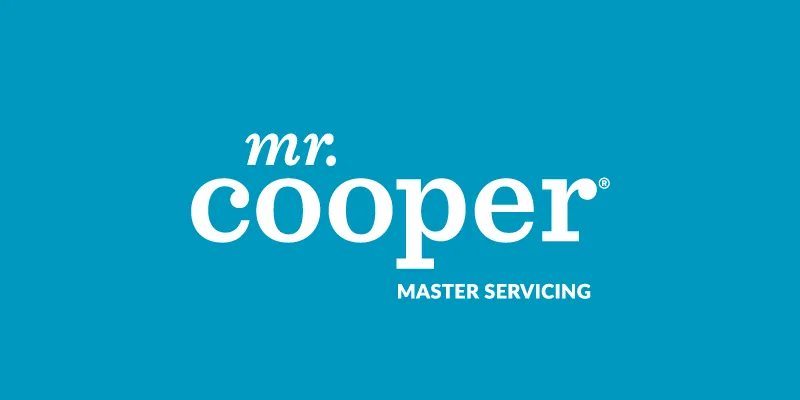Prepaying Your Mortgage: Simple Steps to Reduce Loan Principal and Save Big
Prepaying your mortgage is one of the most underrated financial strategies available. While it might not sound as exciting as investing in stocks, reducing your loan principal can lead to significant savings in the long run.

The concept is straightforward: by paying a little extra each month, you reduce the overall amount you owe, which in turn lowers the interest you pay over the life of the loan. Sounds appealing, right? But how does this work, and is it suitable for everyone? Let’s delve into how prepaying your mortgage can lead to substantial financial benefits and the best approach to take.
Understanding Your Loan Principal
Before diving into prepayment strategies, it’s crucial to understand what your loan principal is. In simple terms, the principal is the amount of money you borrowed from the lender to purchase your home. Interest, on the other hand, is the cost of borrowing that money. When you make your monthly mortgage payments, a portion goes toward paying off the principal, while the other part covers the interest.
During the early years of your mortgage , most of your payment goes toward interest, which is why you might feel like you’re barely making a dent in the loan balance. Over time, as the loan principal decreases, more of your monthly payments go toward it. This is where prepaying becomes advantageous.
How Prepaying Your Mortgage Works
Prepaying your mortgage involves paying extra money on top of your monthly mortgage payment. The key is that this extra payment goes directly toward your principal, not the interest. By reducing your principal, you effectively lower the amount on which interest is calculated.

For example, if you have a 30-year mortgage and you make just one extra payment each year, you can shave years off the life of the loan and save thousands in interest. It’s a simple concept with a powerful impact: less principal means less interest, which means more savings for you.
The Power of Compound Savings
One of the most exciting aspects of prepaying your mortgage is how the savings compound over time. Each extra dollar you put toward your principal today reduces the amount of interest you’ll owe in the future. This is because interest on a mortgage is calculated based on the remaining loan balance. The smaller that balance, the less you’ll pay in interest.
Consider a scenario where you have a $200,000 mortgage at 4% interest over 30 years. By paying an extra $100 each month, you could shorten your loan term by several years and save thousands in interest. The effect is gradual at first but snowballs as the loan term progresses. The earlier you start, the bigger your savings will be.
Benefits of Prepaying Your Mortgage
One of the most obvious benefits of prepaying your mortgage is the interest savings , but the perks don’t stop there. By reducing your loan principal, you build equity in your home faster, which can be beneficial if you ever decide to sell or refinance. Higher equity also gives you more flexibility to borrow against your home, if needed, through options like a home equity loan or line of credit.
Another benefit is peace of mind. Owning your home outright or being on track to pay it off sooner can provide a sense of financial security. Without a mortgage payment looming, you’ll have more cash flow to focus on other goals, like retirement, investments, or even vacations.
How to Prepay Your Mortgage
Now that you understand the benefits, how do you start prepaying your mortgage? The process is simple, but there are a few things to keep in mind. Let’s explore how to efficiently prepay your mortgage.
Check with Your Lender
Some lenders charge prepayment penalties, so it’s essential to understand your loan terms before making extra payments. Fortunately, most modern mortgages don’t have these penalties, but it’s always good to double- check.
Ensure the Payment Goes to the Principal
When making an extra payment, ensure that it is applied to the loan principal and not toward interest or future payments. Many lenders allow you to specify where you want your extra payments to go, either online or by phone.
Start Small
If you can’t afford large extra payments, even small amounts can make a difference. Adding $50 to $100 extra a month can help you build momentum and see noticeable savings over time.
Use Windfalls
Tax refunds, bonuses, or other unexpected windfalls are great opportunities to make lump-sum payments toward your mortgage. These one-time payments can make a big dent in your loan balance.
Biweekly Payments
Some homeowners choose to make biweekly payments instead of monthly ones. By paying half of your mortgage payment every two weeks, you end up making 13 full payments over a year instead of 12, which can also help shorten your loan term.

Conclusion
Prepaying your mortgage is a simple yet effective way to save money and reduce debt. By making extra payments toward your loan principal, you can reduce the amount of interest you pay over time and shorten the length of your loan.
The savings might not be immediate, but they add up, and the sense of financial freedom that comes with paying off your mortgage early is priceless. While it’s important to balance prepaying with other financial goals, it can be a smart move for homeowners looking to reduce their debt and build equity faster.
If you’re ready to start prepaying, be sure to check your loan terms, set a realistic goal, and start small. Every little bit helps when it comes to paying down your mortgage , and the rewards—both financial and emotional—are well worth the effort.










